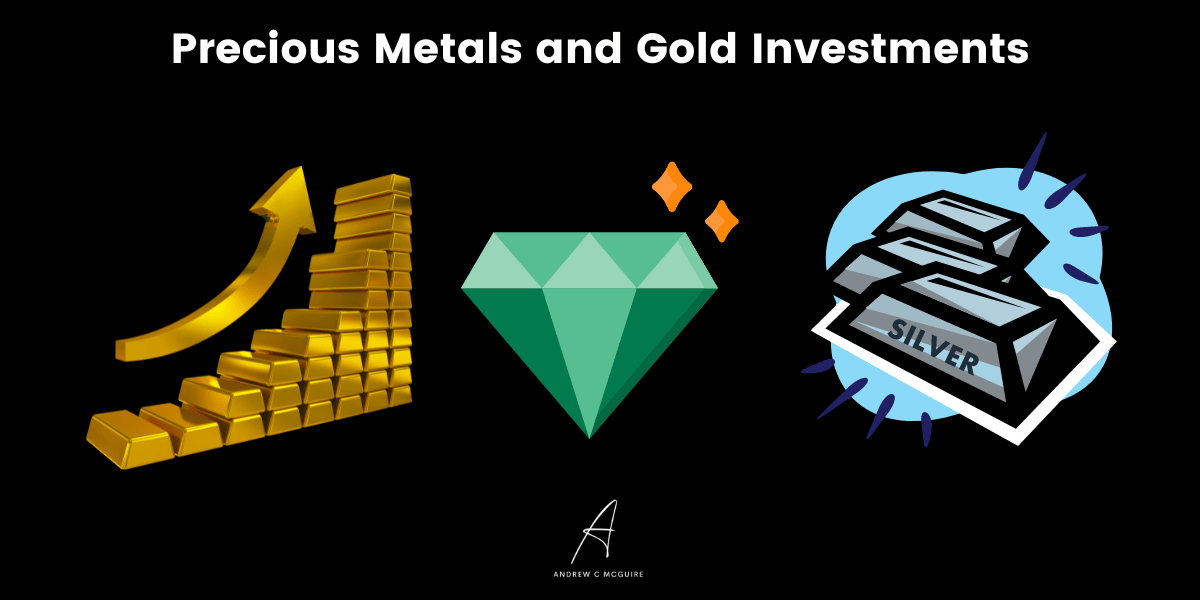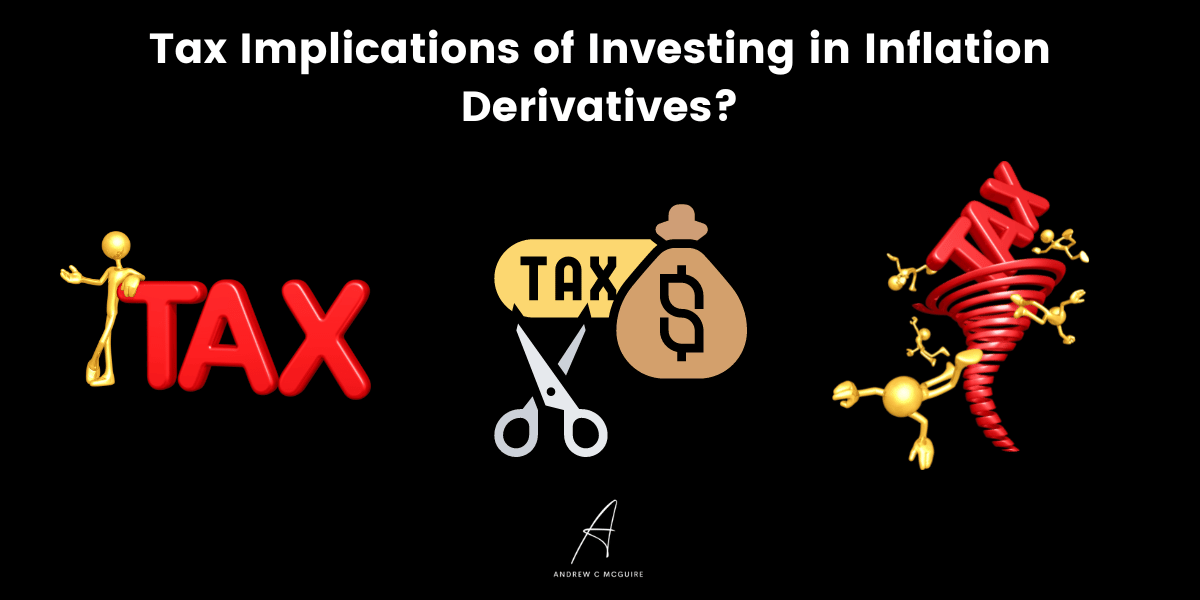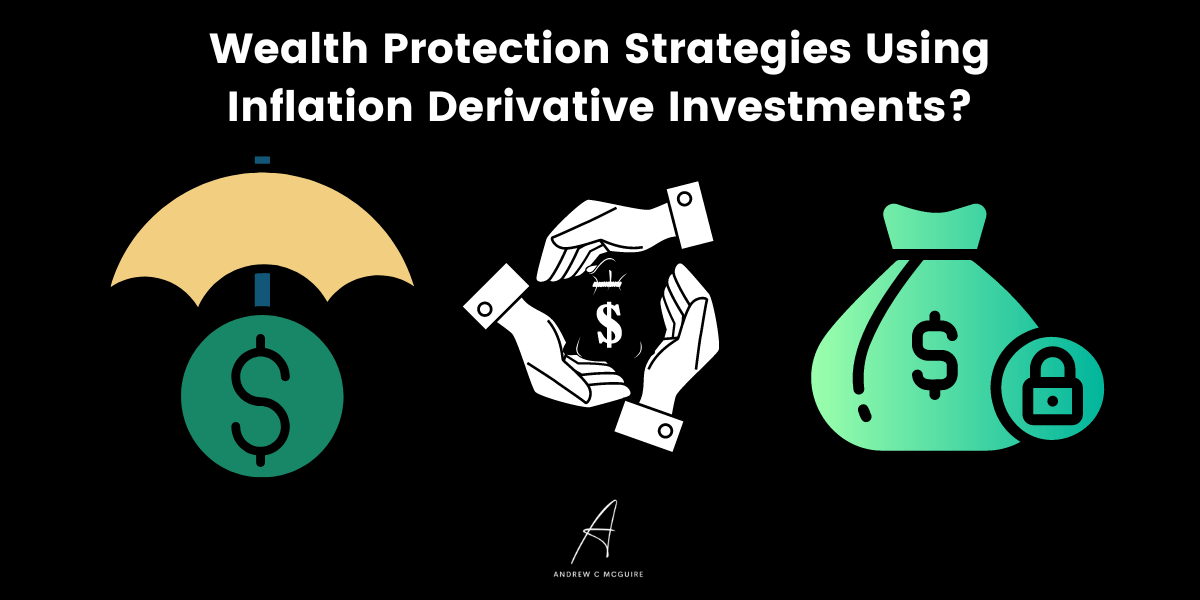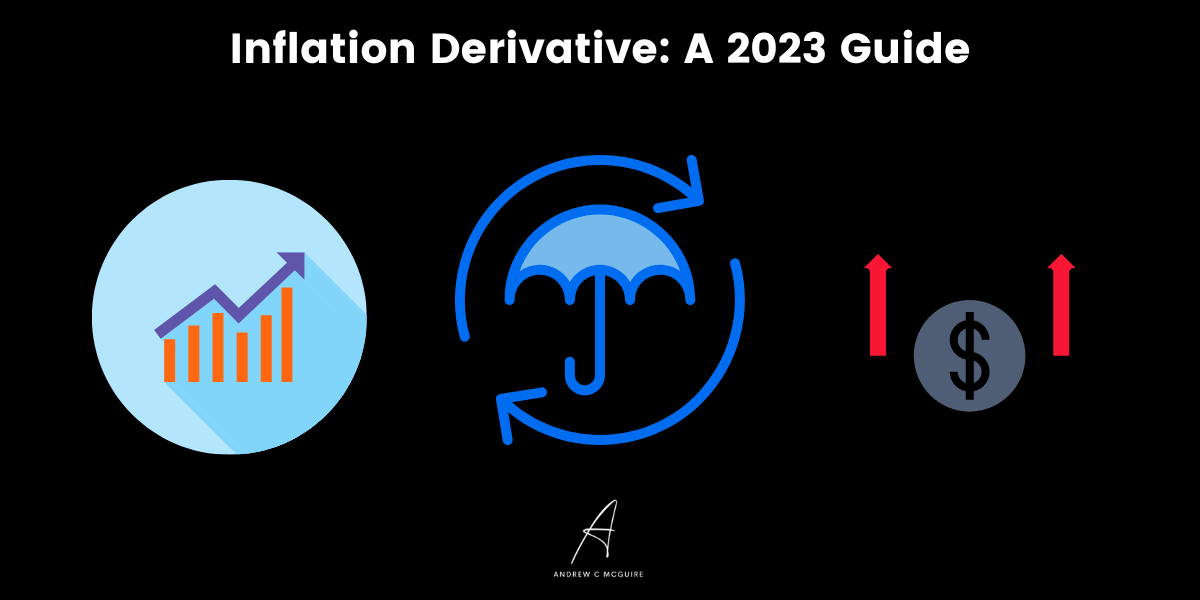Investing in inflation derivatives can be a great way to safeguard your wealth from the effects of inflation. With expert advice and careful planning, you can create an investment portfolio that will help guard against volatile markets and rising prices. Precious metals such as gold are also excellent investments for protecting your wealth during times of economic uncertainty or high levels of inflation. But to make the most from your investment, you must find a perfect precious metals investment company that has a track record that you can trust. This is why I recommend Augusta Precious Metals to anyone looking to start gold and other precious metals investment. Take action today to safeguard your future by exploring all the options available when it comes to investing in inflation derivatives and precious metals!
- Money magazine’s “Best Overall” Gold IRA Company in 2022
- Quarterback Joe Montana and his financial team chose Augusta
- Zero fees for up to 10 years — every customer qualifies
- Investopedia’s “Most Transparent” Gold IRA Company in 2022
- Free guides on how to avoid gimmicks & high-pressure tactics used by gold IRA companies
We earn a commission if you make a purchase, at no additional cost to you.
Inflation derivatives can be a great way to protect your wealth from inflation and recession. But what exactly are they? And how do you invest in them? In this blog post, we’ll explore the concept of an inflation derivative, look at various ways to invest in it, discuss precious metals and gold investments as an alternative option to hedge against or transfer inflation risk, consider the tax implications associated with investing in these derivatives and review strategies that investors may use to protect their wealth using such instruments. If you are searching for how to safeguard your finances through strategic investments involving inflation derivatives, today is your lucky day. But before we go on, listen to quarterback Joe Montana as he shares his experience with Augusta Precious Metals and why he believes that the investment company is a perfect option for anyone out there.
[presto_player id=4770]
Precious Metals and Gold Investments as an Alternative to Inflation Derivatives?
Precious metals and gold investments are an alternative to inflation derivatives for those looking to protect their wealth from inflation and a recession. The advantages of precious metals and gold investments over other investment options include the fact that they are tangible assets, meaning that investors can physically own them. They also tend to hold their value better than stocks or bonds in times of economic uncertainty, making them a safe-haven asset class. Additionally, gold has historically been used as a store of value due to its scarcity and durability.
Disadvantages of precious metals and gold investments compared to other investment options include the fact that they do not generate income like stocks or bonds do, so investors must rely on price appreciation for returns. Gold is also subject to market fluctuations which can lead to losses if prices fall too quickly or too sharply. Furthermore, there may be storage costs associated with owning physical gold, which could reduce potential profits from investing in it.
Strategies for maximizing returns from precious metals and gold investments involve diversifying one’s portfolio across different types of metal (e.g., silver, platinum) as well as different forms (e.g., coins vs bars). It is also important for investors to understand the fundamentals driving the price movements in order to make informed decisions about when is the best time to buy or sell their holdings. Furthermore, it is wise for investors not to put all their eggs into one basket by only investing in one type of metal; instead, they should spread out their risk by investing across multiple types of metal and forms while monitoring changes in prices regularly.
Precious metals and gold investments provide an attractive alternative to inflation-linked derivatives for those looking to protect their wealth from economic uncertainty. Next, we will explore the tax implications of investing in inflation derivatives.
Tax Implications of Investing in Inflation Derivatives?
It is important to understand the tax implications associated with these investments before you begin.
Overview of Tax Implications for Investors in Inflation Derivatives
The taxation of profits generated from investing in inflation derivatives depends on whether they are classified as capital gains or ordinary income by the IRS. Capital gains taxes apply when an investor sells their investment at a higher price than what was originally paid, while ordinary income taxes apply when an investor receives dividends or interest payments from their investment.
Tax Benefits Available to Investors in Inflation Derivatives
Depending on your individual situation, there may be certain tax benefits available to investors who invest in inflation derivatives. For example, if you hold onto your investments for more than a full year before selling them, then any profits made will be subject to long-term capital gains rates, which are typically lower than short-term capital gains rates. Additionally, some states offer special deductions and credits for investors who purchase certain types of inflation-derivative products, such as index funds and ETFs (Exchange Traded Funds).
Another strategy that investors can use when investing in inflation derivatives is diversification across asset classes; this allows them to spread out their risk while still taking advantage of potential opportunities within each class. Additionally, careful timing of trades and exits based on expected changes in prices over time can be beneficial. Finally, many investors opt for strategies that involve deferring taxes until later periods, which allows them to take advantage of current rates while also avoiding higher future rates if possible.
Investing in inflation derivatives can offer investors potential tax benefits, but it is vital to understand the implications of such investments and strategies for minimizing tax liability. Next, we will discuss how investing in inflation derivatives can be used as a wealth protection strategy.
Key Takeaway:
Understanding tax implications, potential tax benefits such as lower capital gains rates for long-term investments, and special deductions credits offered by some states.
Wealth Protection Strategies Using Inflation Derivative Investments?
Inflation derivatives are financial instruments used to protect wealth from inflation exposure. These derivatives can be used as a hedge against inflation, allowing investors to maintain their purchasing power and protect their wealth from depreciation due to rising prices. Inflation derivative investments provide an opportunity for investors to know about different asset classes and markets while also protecting their portfolios from the volatility associated with economic downturns or recessions.
Overview of Wealth Protection Strategies Using Inflation Derivative Investments
Investing in inflation derivatives is one way that individuals can protect their wealth from the effects of inflation. By investing in these types of securities, investors can benefit from price appreciation when the underlying asset class rises in value but also have some protection if prices decline due to market forces or other factors such as recessionary pressures. Additionally, by diversifying across multiple asset classes through inflation derivative investments, investors can reduce risk and increase returns over time.
Benefits of Wealth Protection Strategies Using Inflation Derivative Investments
The primary benefit of using inflation derivative investments for wealth protection is that they offer a hedge against deflationary pressures, which could otherwise erode purchasing power over time. Additionally, these types of investments allow investors to take advantage of opportunities presented by changing market conditions without taking on excessive levels of risk or incurring large losses should prices move adversely against them. Finally, since many inflation-linked products are highly liquid and easy to trade, they provide flexibility when it comes time for rebalancing portfolios or making adjustments based on changing market conditions.
When implementing strategies involving inflation derivatives, it is important that investors understand how these instruments work before committing any capital to them so as not to expose themselves unnecessarily to too much risk. It is also important that individuals select appropriate vehicles based on individual needs, such as the desired level of return versus the acceptable level of risk taken on board. Lastly, proper diversification across various asset classes is essential when utilizing this strategy in order to minimize potential downside risks while still having adequate upside potential available.
Key Takeaway:
Inflation derivatives provide a hedge against deflationary pressures, allowing investors to maintain their purchasing power and protect their wealth. Benefits include diversification, flexibility, reduced risk, and increased returns.
Conclusion
By investing in these instruments, you can gain exposure to different asset classes that are not affected by traditional market fluctuations. However, it is important to understand the tax implications associated with these investments before making any decisions. Additionally, precious metals and gold investments may provide an alternative form of inflation protection against inflationary pressures while also providing potential for capital appreciation over time. Ultimately, investors should consider all available options when looking for ways to safeguard their wealth from economic uncertainty and take advantage of opportunities provided by inflation-derivative investments if they fit within their overall investment strategy.
FAQs
Andrew’s Gold IRA Pick
Augusta Precious Metals is the most trusted gold IRA company





